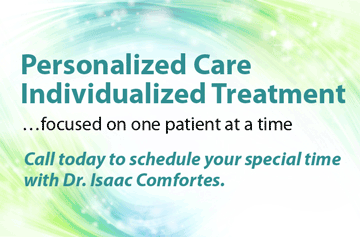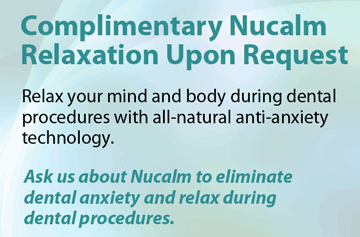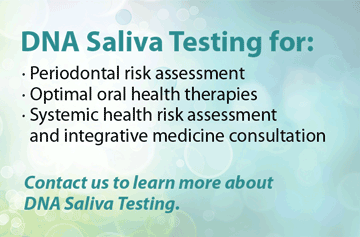Bridges
A dental bridge is a fixed (non-removable) appliance and is an excellent way to replace missing teeth. A bridge can be used to:
- Fill the space of missing teeth.
- Maintain facial shape.
- Prevent remaining teeth from drifting out of position.
- Restore chewing and speaking ability.
- Restore your smile.
- Upgrade from a removable partial denture to a permanent dental appliance.
There are several types of bridges. With over 25 years of guiding patients in making decisions Dr. Isaac Comfortes will discuss the best options for your oral health circumstances.
Traditional Fixed Bridges
The “traditional bridge” has been the most popular type and is usually made of porcelain fused to metal. This type of bridge consists of two crowns that go over two anchoring teeth (abutment teeth) and are attached to pontics (artificial teeth), filling the gap created by one or more missing teeth.
Implant Fixed Crown or Multi-Unit Bridge
Implant retained crowns and multi-unit bridges are also very popular now and provide the most conservative treatment. What is meant by “most conservative” treatment? An implant retained crown or multi-unit bridge does not require the removal of enamel from abutment teeth to receive crowns. The teeth adjacent to the implant filled gap remain intact. They are conserved.
There are additional benefits of the implant option.
- The implant stimulates bone growth to prevent bone resorption and resultant changes to your jaw structure. This means your facial structure will not appear prematurely aged, and the gum tissue will continue to fit well around the bridge long into the future.
- An implant retained bridge provides for the strongest chewing function.
- An implant retained bridge is more durable than a traditional bridge and therefore predicted to last longer. Traditional dental bridges will last many years, but they commonly need replacement or to be re-cemented due to normal wear.
- Oftentimes, once an implant is placed, it can serve as the anchor for a future more extensive bridge if one or more adjacent teeth become no longer viable.
Learn your options and discover what is best for you.
If you would like to restore your smile, regain full dental function, have an optimally healthy mouth, and minimize the dentistry you will need to maintain your smile and dental function over your lifetime, a dental bridge is just one of many treatments that may be recommended.





 The general, cosmetic and reconstructive dental practice of Encino dentist Dr. Isaac Comfortes is devoted to restoring optimal oral health, which supports whole body health and enhances the natural beauty of smiles.
The general, cosmetic and reconstructive dental practice of Encino dentist Dr. Isaac Comfortes is devoted to restoring optimal oral health, which supports whole body health and enhances the natural beauty of smiles.